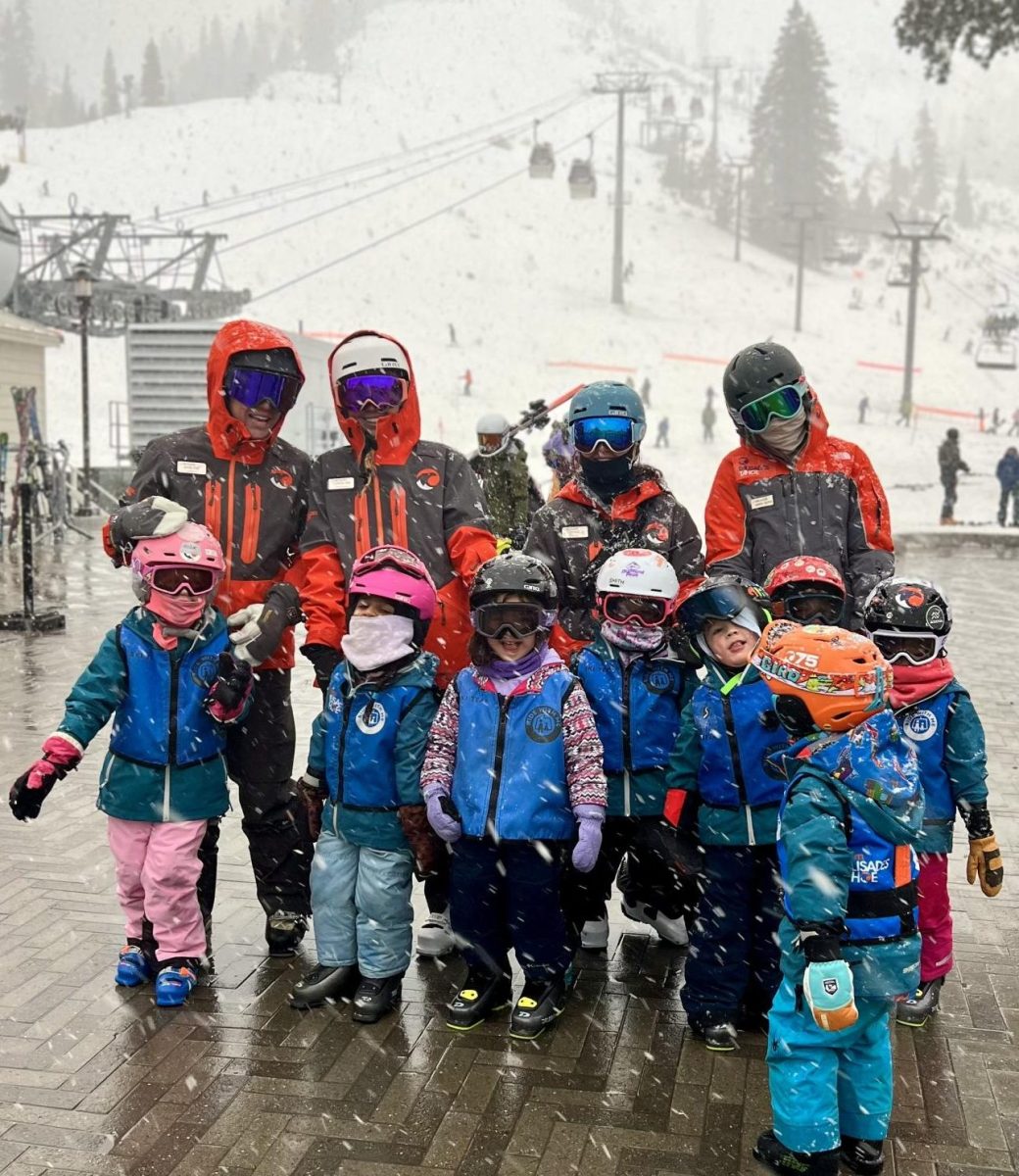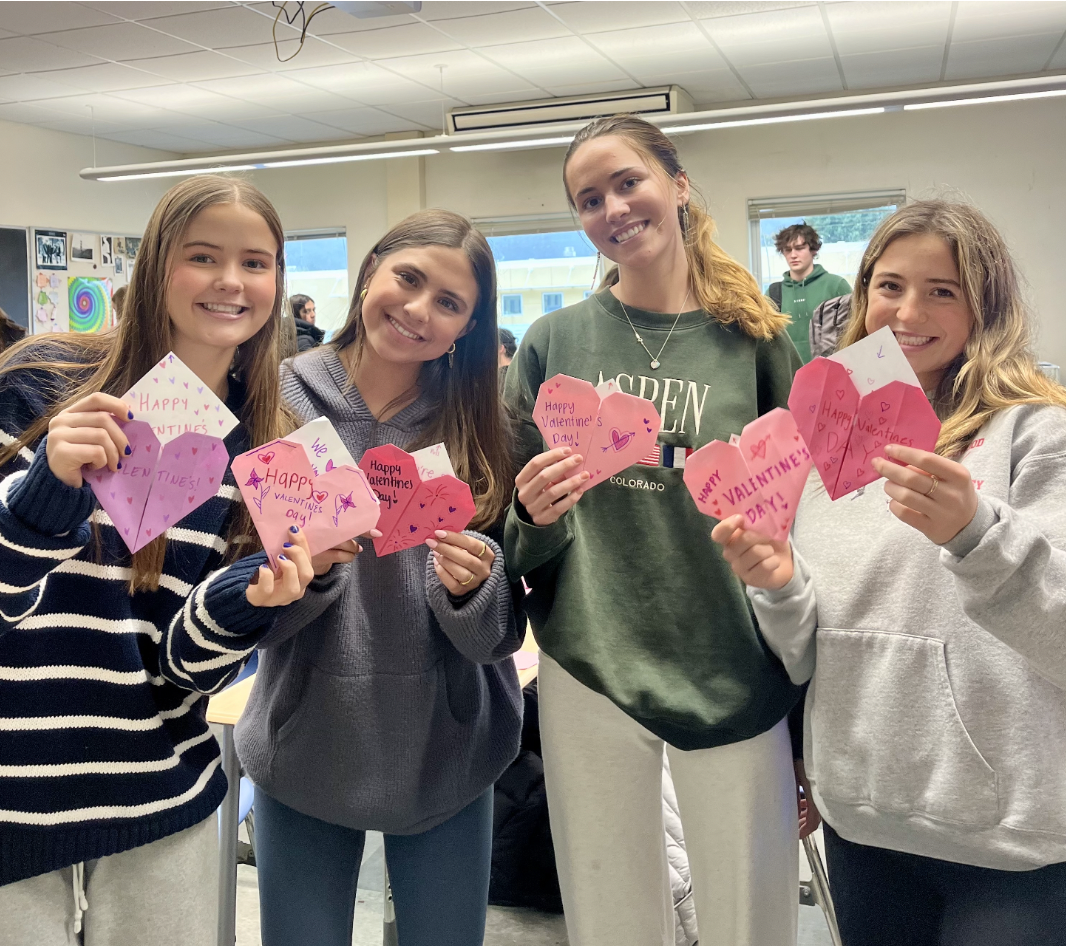This year, Redwood joined 700 high schools that offer AP African American Studies. In the program’s second year, more than 600 schools added this class as an elective. Advanced Placement African American Studies (AFAM) teacher Nikolai Butkevich spent many hours throughout the year and the summer getting this class approved for the 2024-25 school year.
“The Tamalpais Union High School District (TUHSD) board quickly approved this class. There’s a lot of support [for this class] at the board and district levels, too. This class is not a typical AP class—it’s specifically designed to be inclusive as much as possible and to attract students who have never taken AP before but who might be intrigued by [the] idea of this class,” Butkevich said.
With only 60 schools offering the course last year, Butkevich’s teachings are brand new. However, the course must follow the rigorous Advanced Placement (AP) schedule, which presents some challenges.
“I always say we’re building the plane as we fly it. There are moments where I have to update the lessons, but they’re just not as tight as they will be in year two or three. [Students] signed up to learn something new, [knowing] that this is a new course, and they took the challenge on,” Butkevich said.
Butkevich is very excited to bring a new class and learning style to Redwood, which includes four units of content for the year.
“The first unit is ancient and medieval civilizations in Africa, and the second unit is enslavement and resistance, [which] is the rest of the fall semester. Unit Three we start with reconstruction and go to World War II. And Unit Four is after World War II, the civil rights movement, the Black Power movement and modern culture, like sports figures, comic books, ‘Star Trek’ and the first interracial kiss,” Butkevich said.
The curriculum Butkevich follows includes films, sports figures, music, arts and so much more than a typical history class. In AFAM, students get to broaden their understanding of American history in a new way that is not common in many schools.
“If you want to understand what it means to be American, you have to understand African American history. Black people have always been out or near the center of pretty much every major turning point in our history,” Butkevich said.
Butkevich is passionate about sharing this history with students and he believes that learning about culture is just as important as history because they go hand in hand.
“For American culture, no matter what your background is, imagining it without African American contributions to literature, to music, to art, is completely unimaginable. I think you really learn a lot about what it means to be an American taking this course in a really deep way,” Butkevich said.
Many students have been inspired by Butkevich and the content of course to enroll this year. Senior Ryan Rembrandt is taking AFAM to gain more perspective and further educate himself on American history.

“[During] Sophomore year I took ethnic studies and contemporary issues, and that was more on the cultural side of African American struggles. So, I wanted to get a little more information to go with that class, [and when] I saw the preview of AFAM, it seemed pretty interesting,” Rembrandt said.
Having teachers like Butkevich instructing the class has helped Rembrandt stay engaged and enjoy learning about this history.
“[Butkevich is] really knowledgeable; everything [I’ve] asked about Africa and African history, he just knows everything,” Rembrandt said.
Rembrandt believes that what they are learning goes beyond the classroom.
“One thing we’ve been talking about a lot in class is how people have this idea that Africa was uncivilized before its connection to Europe, but that’s not true at all. The fact that so many people think Africa was de-civilized and don’t know they are wrong is why this class is important,” Rembrandt said.
Discussions like these are part of the reason Butkevich teaches this class and he hopes that his passion for African American history will inspire students to take the course and gain valuable insight into our country’s history.








